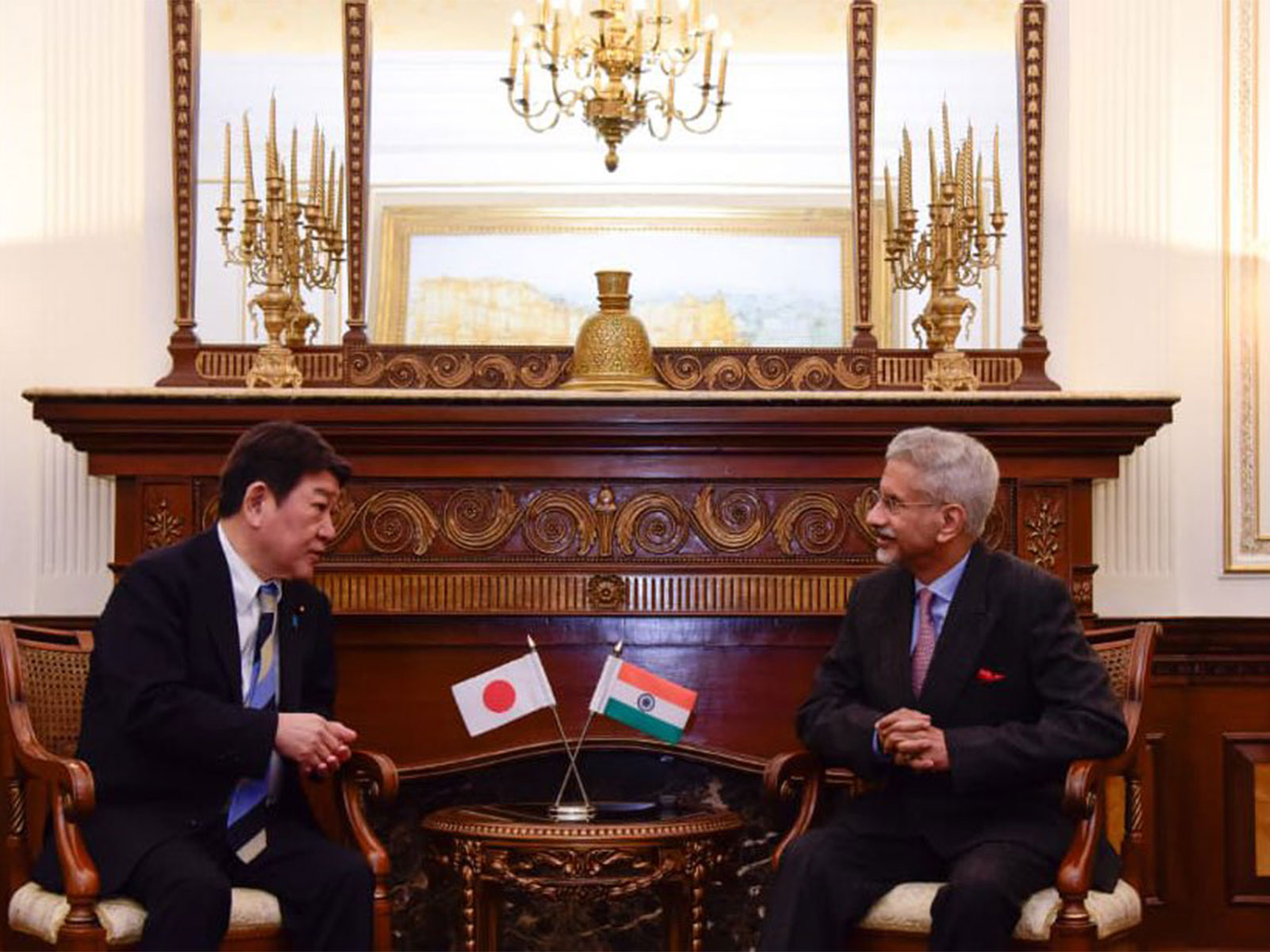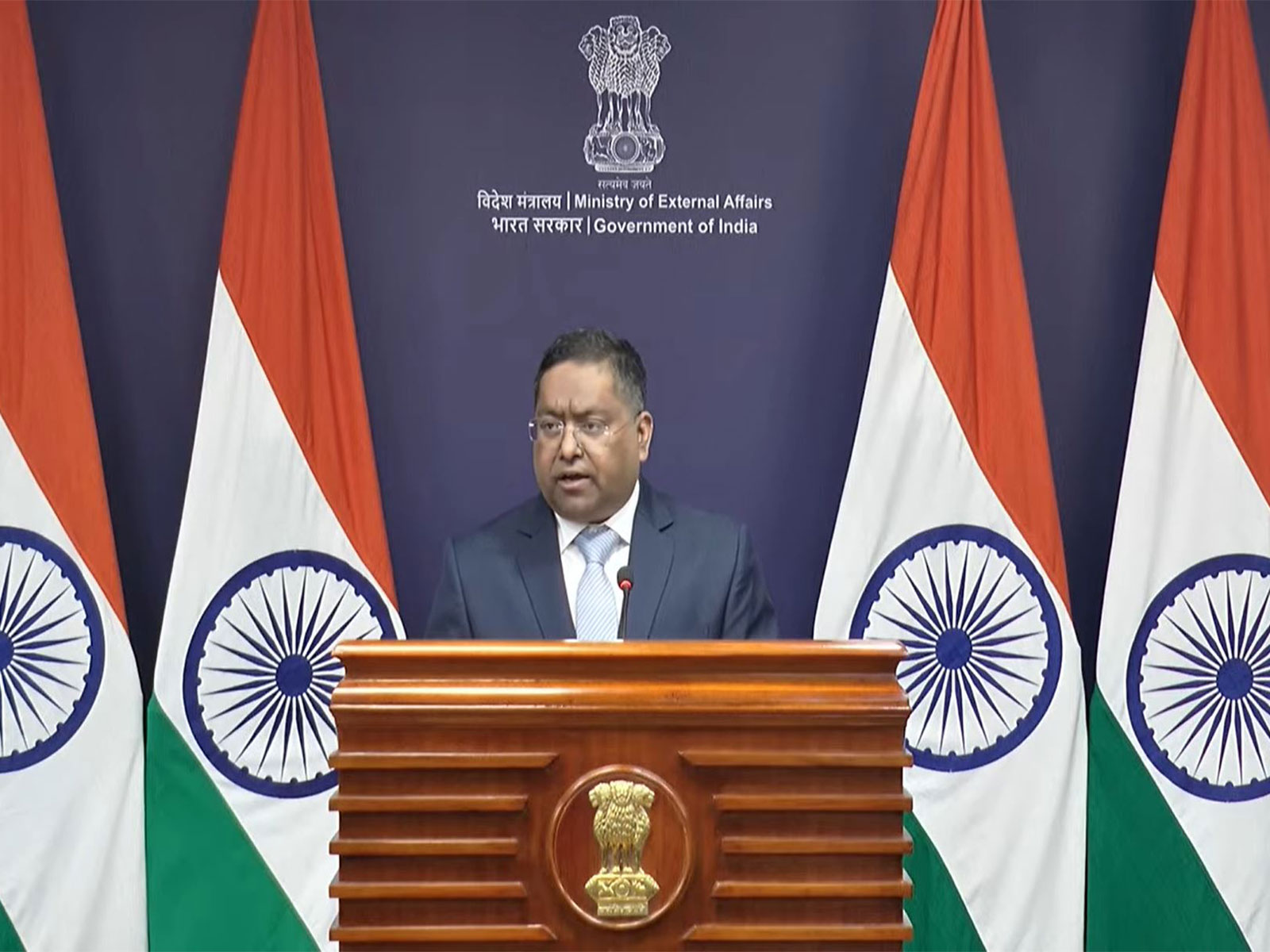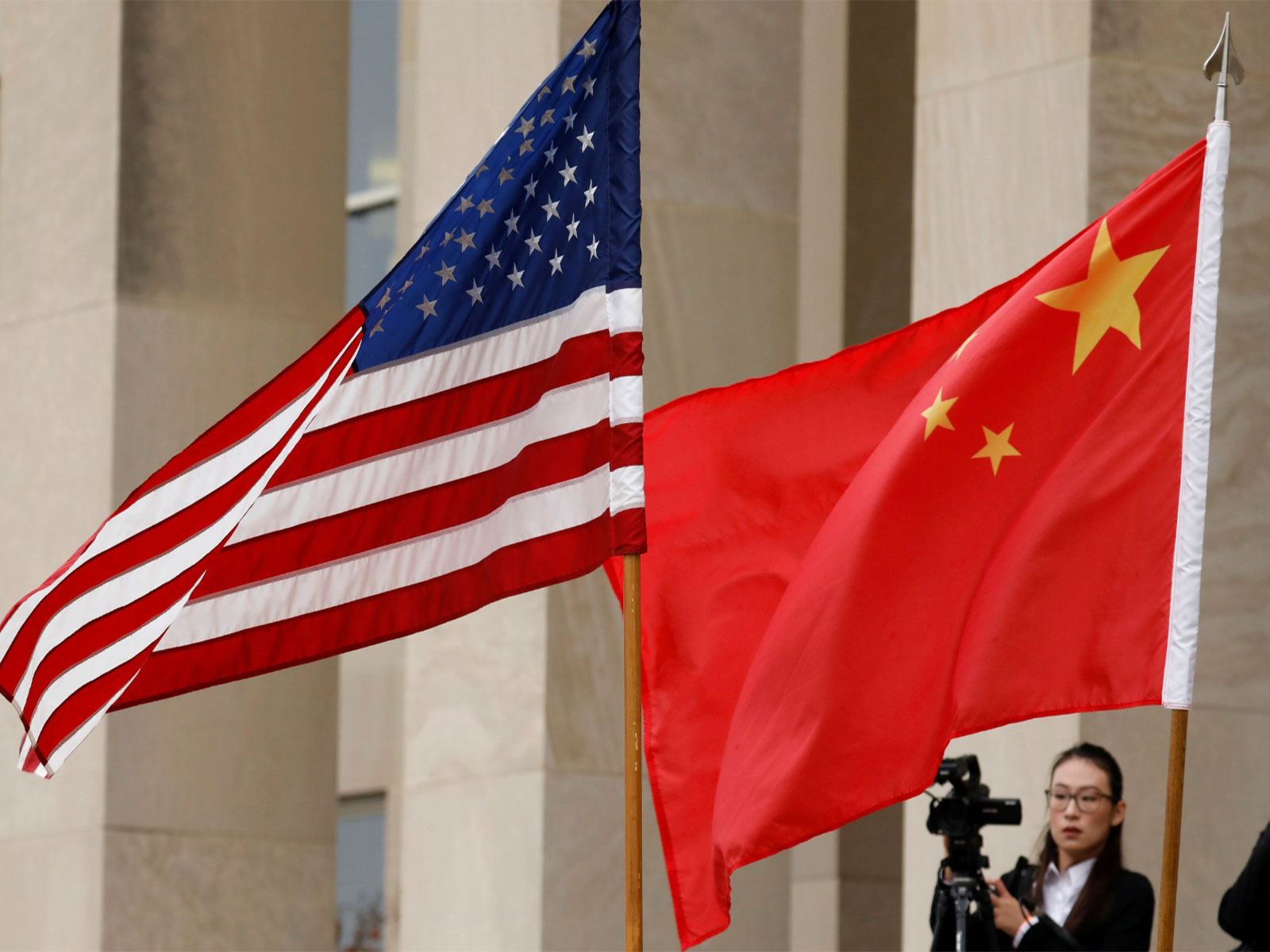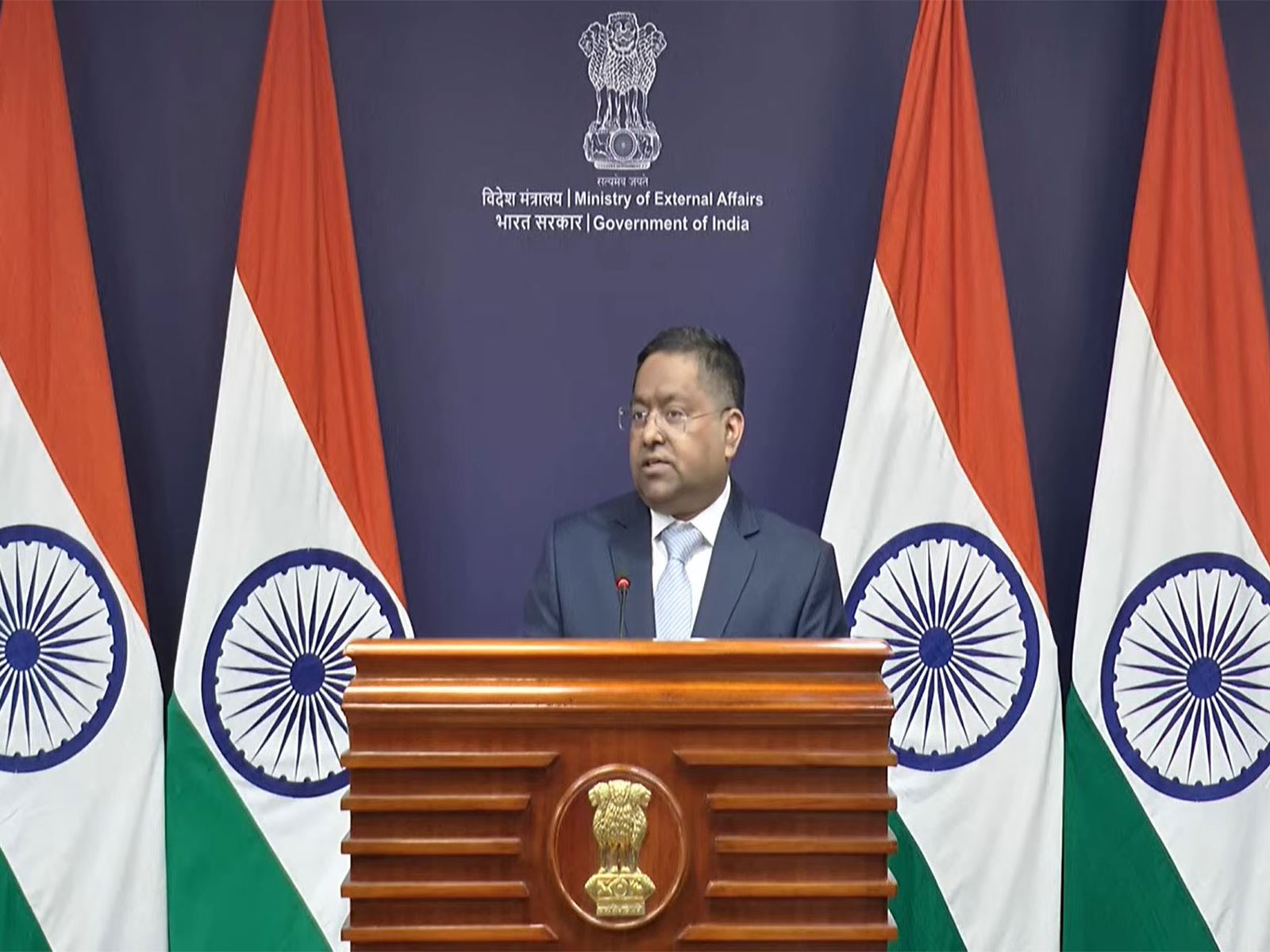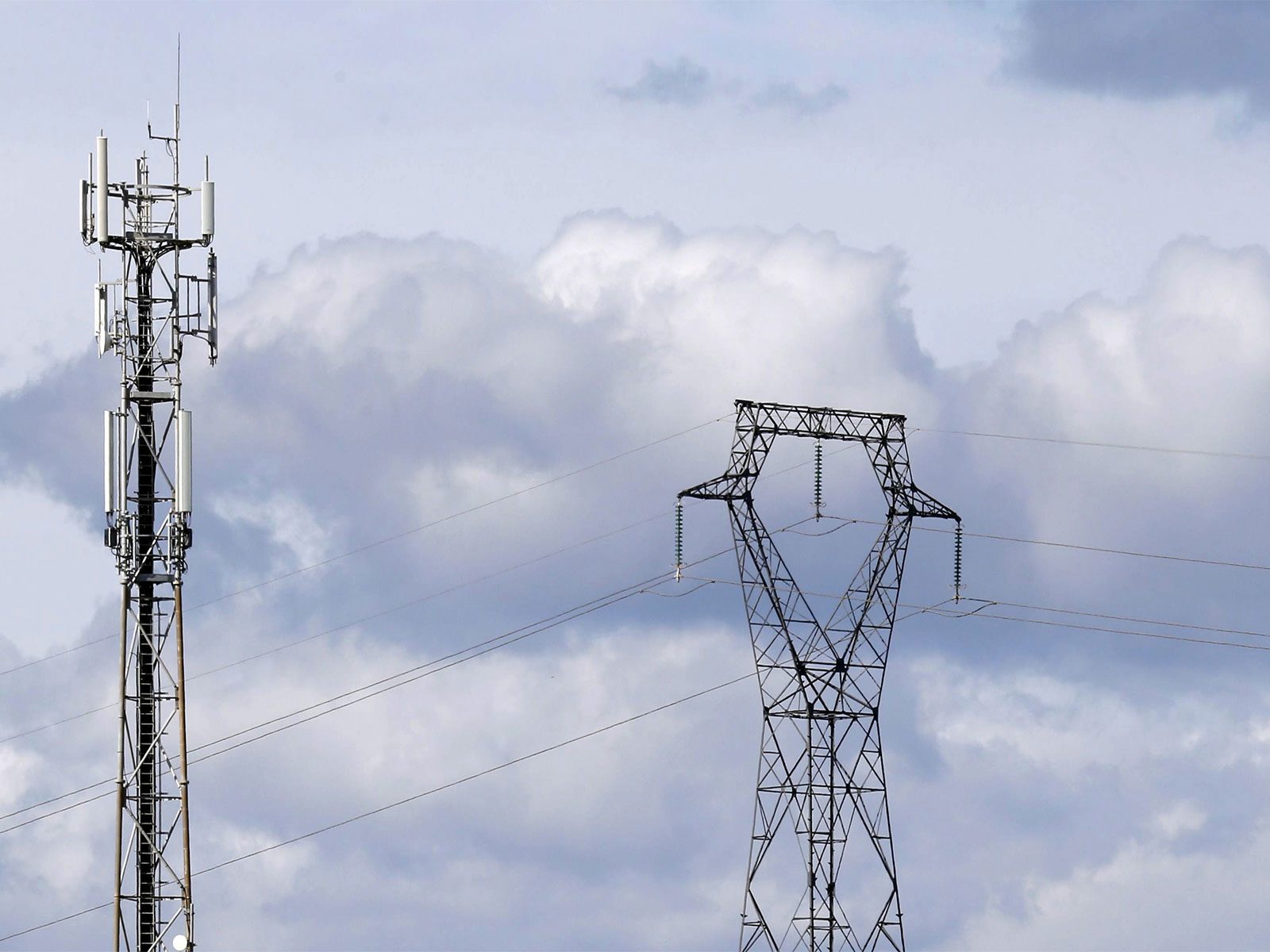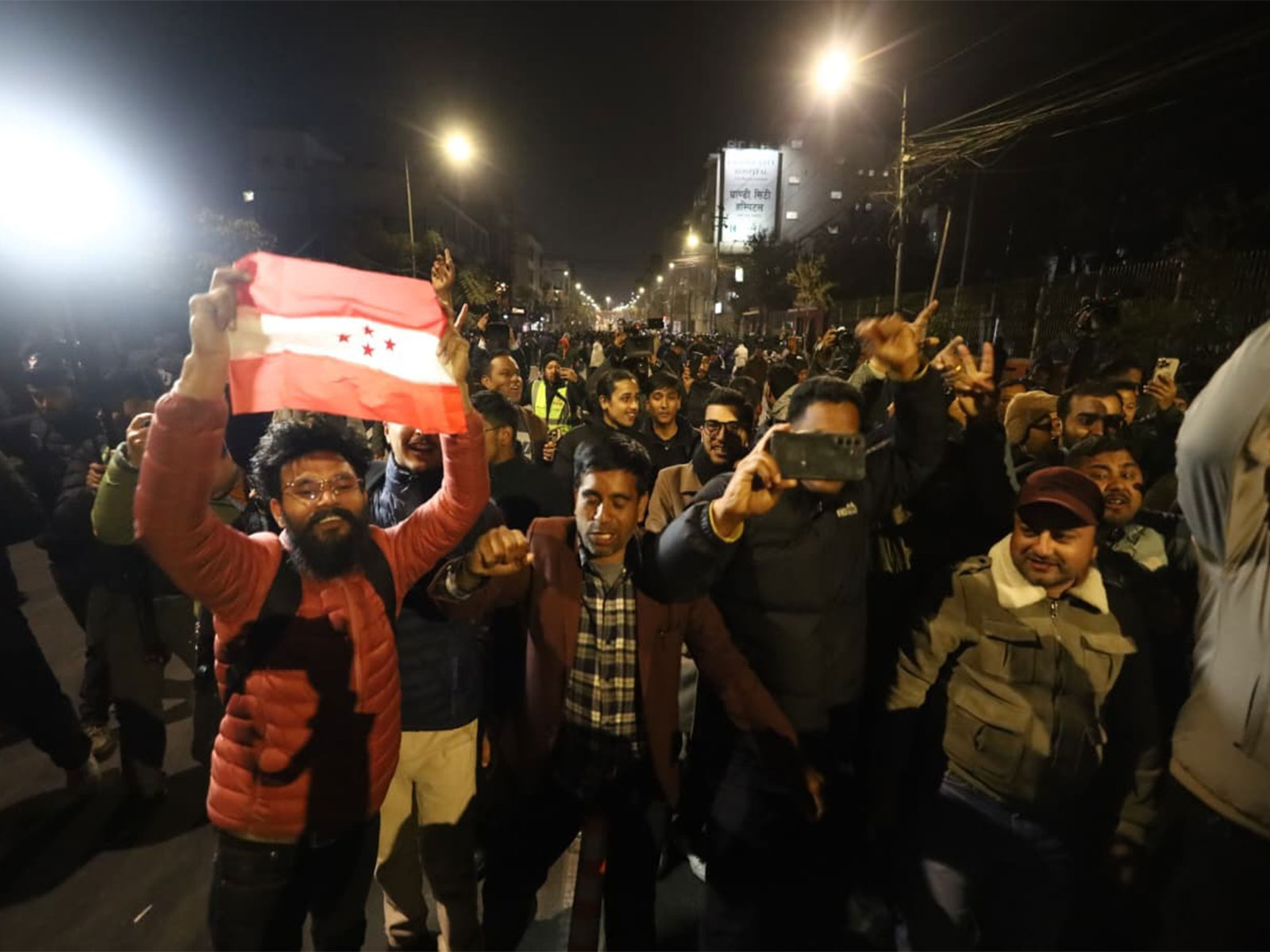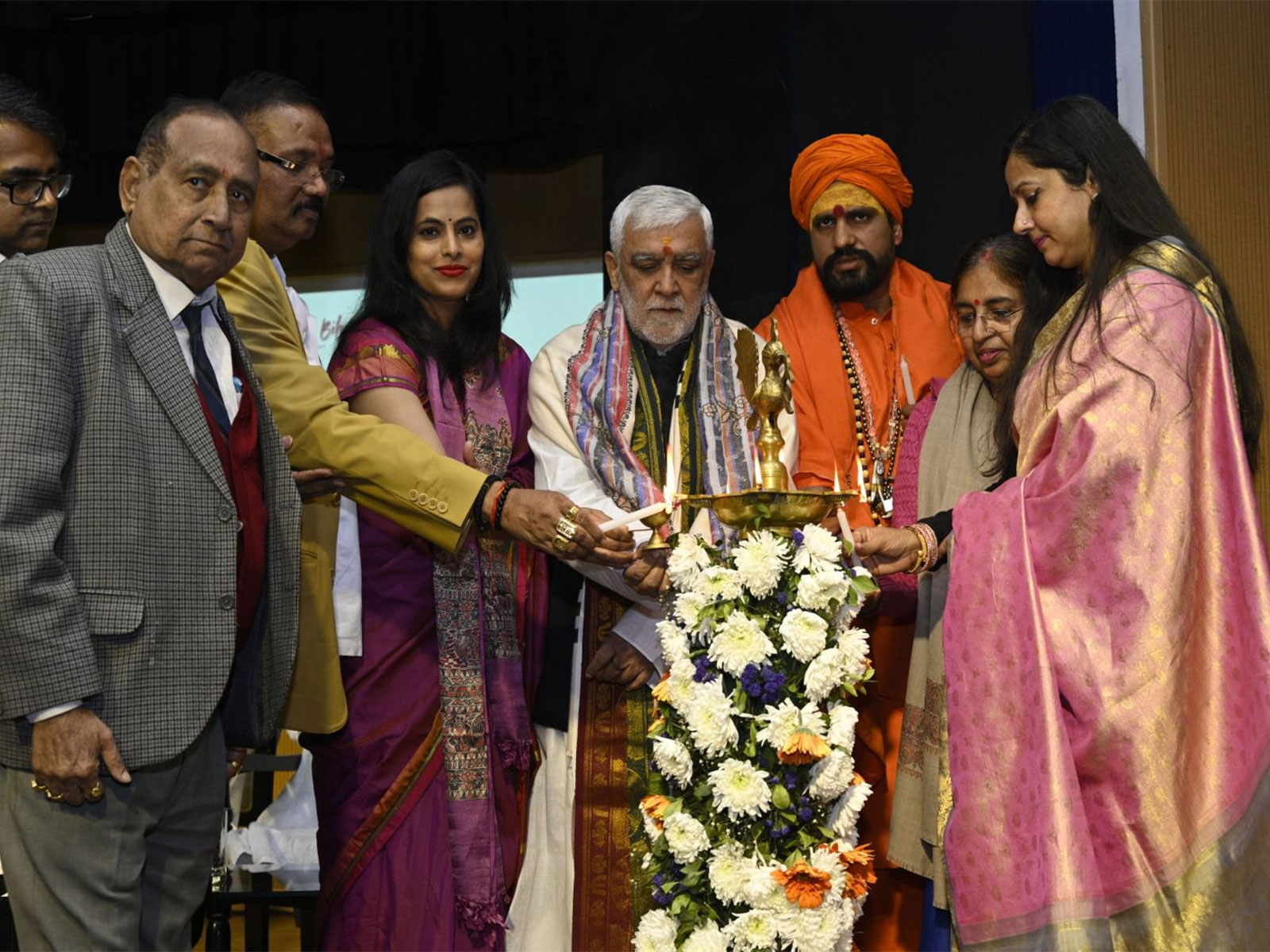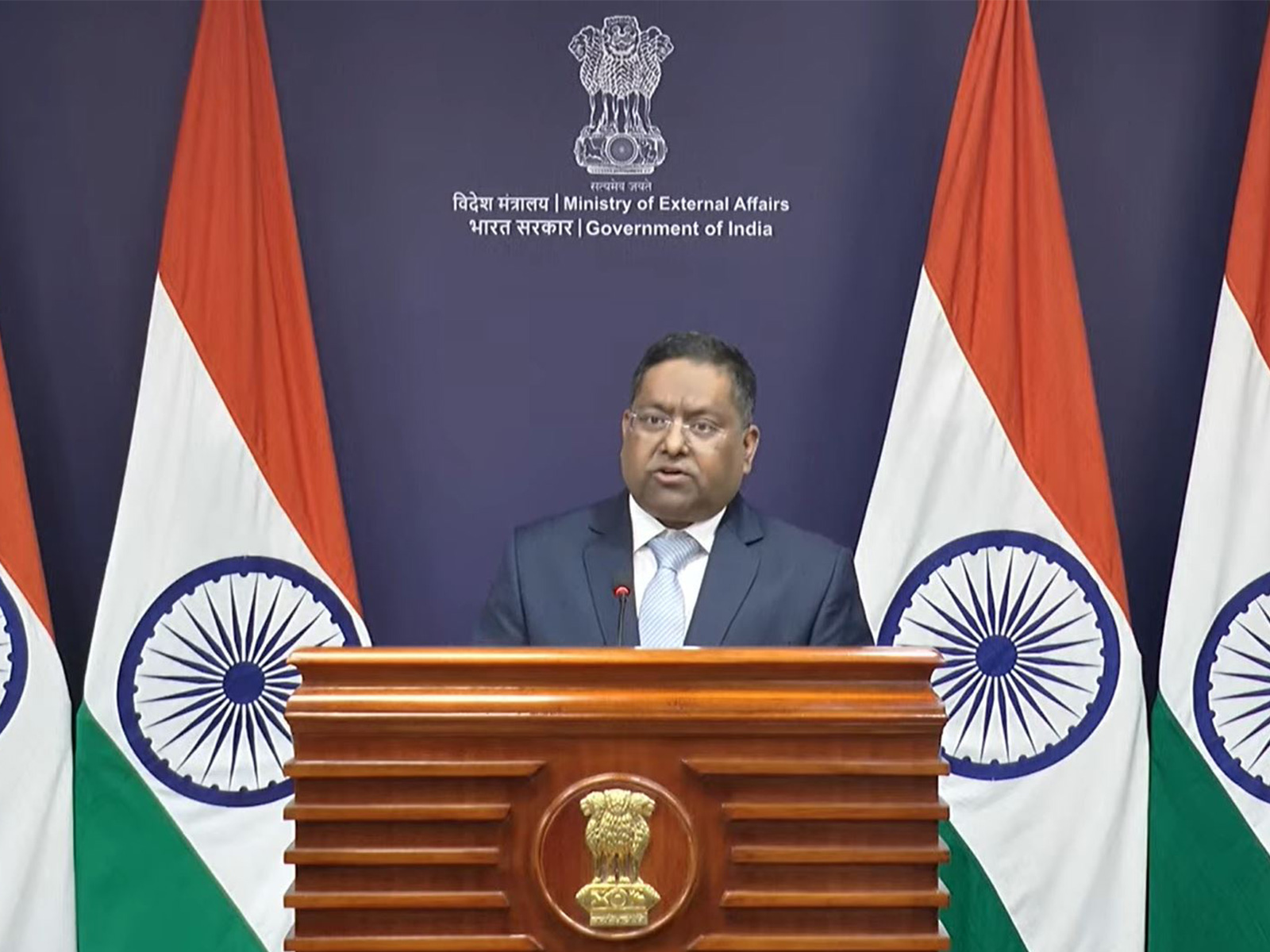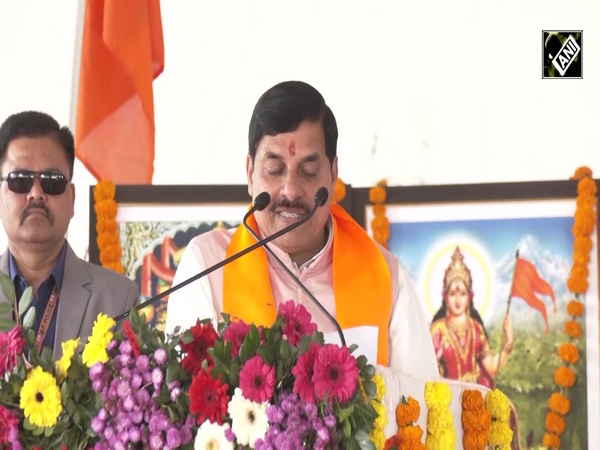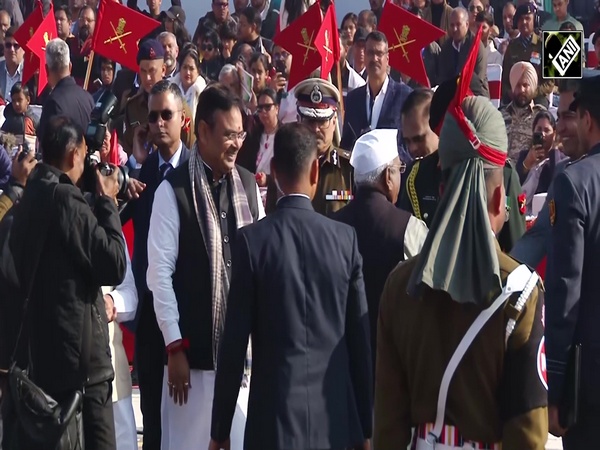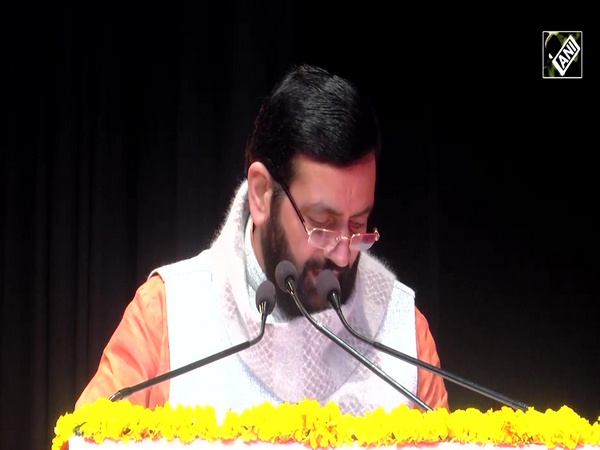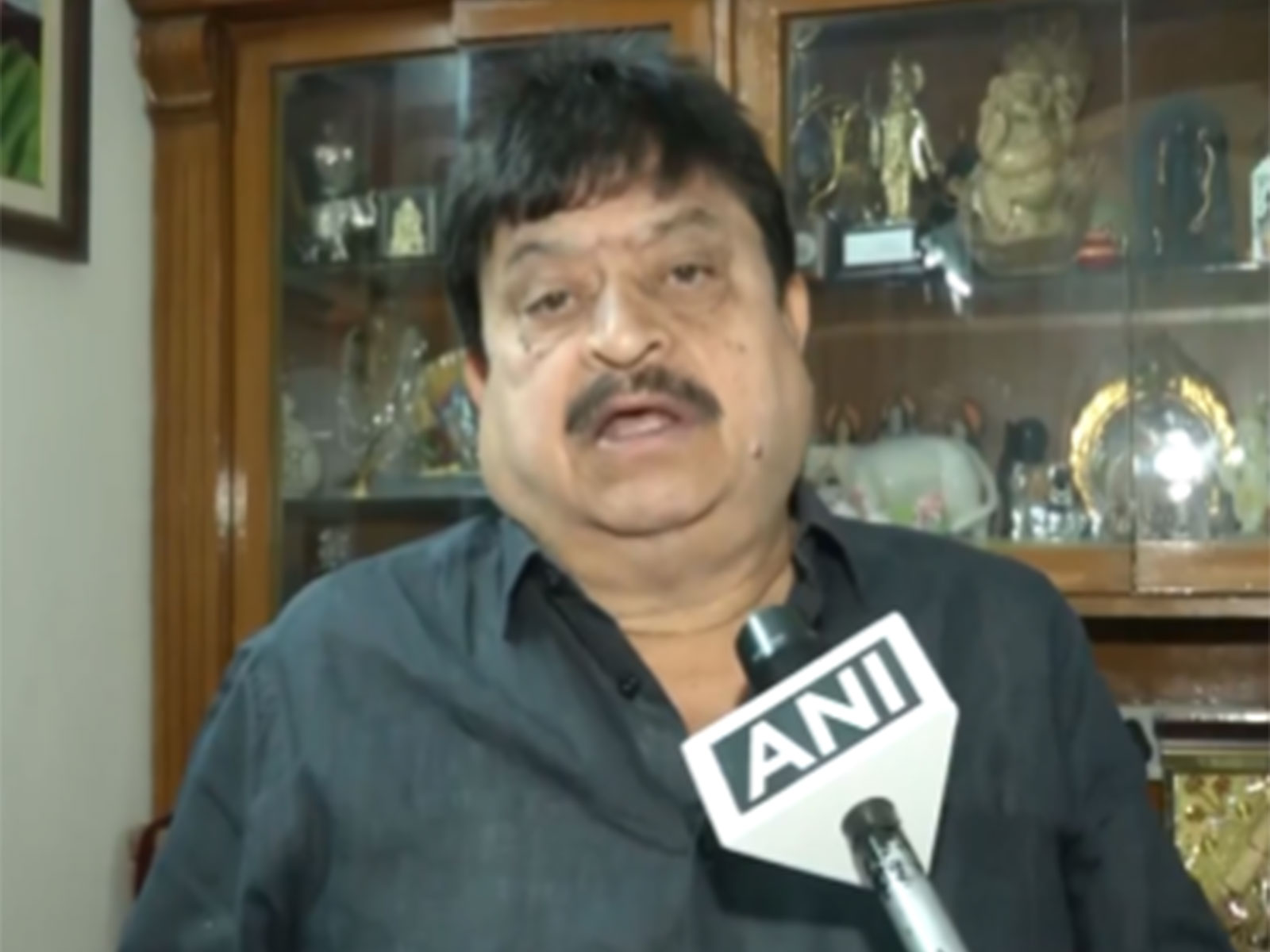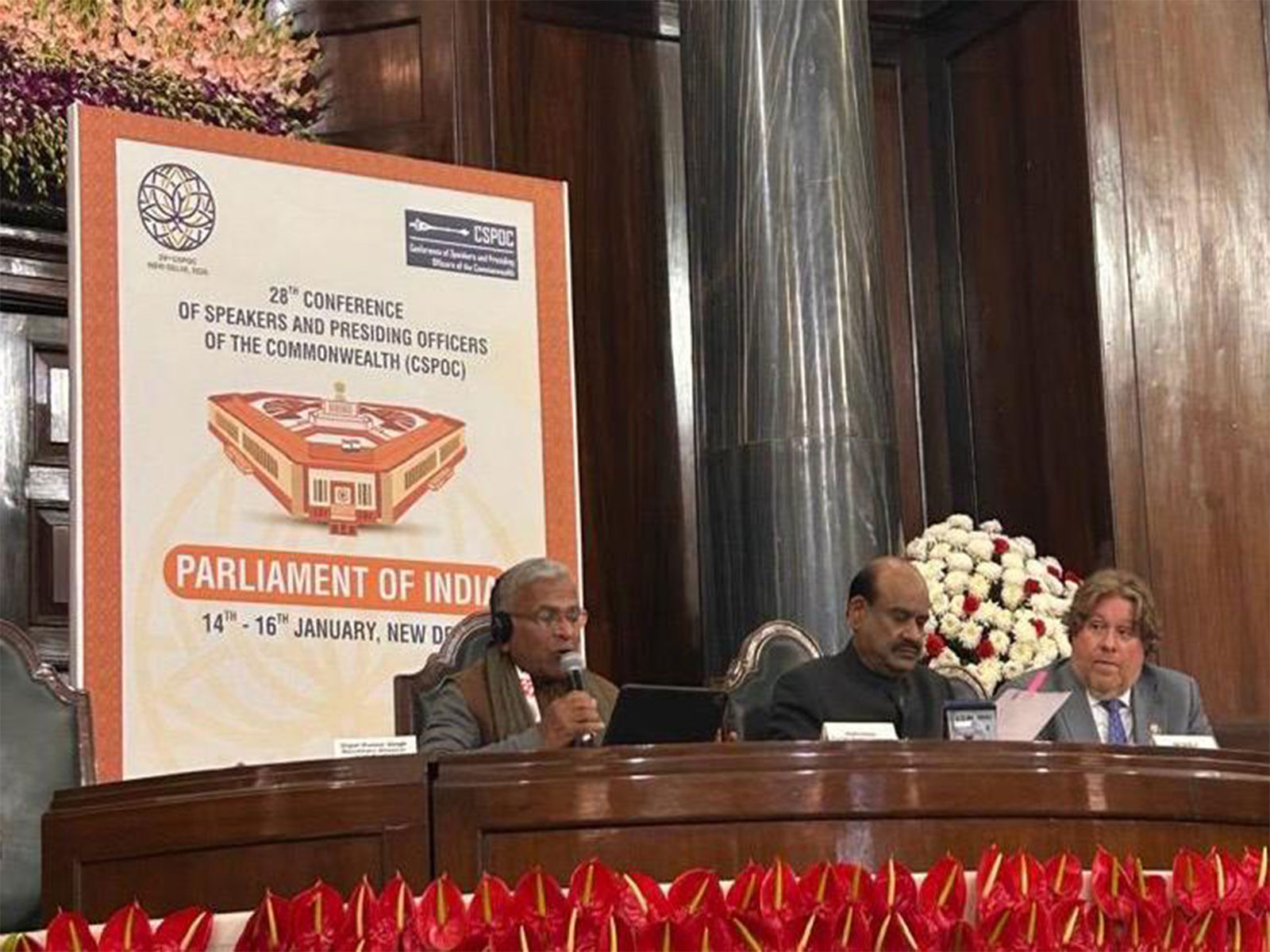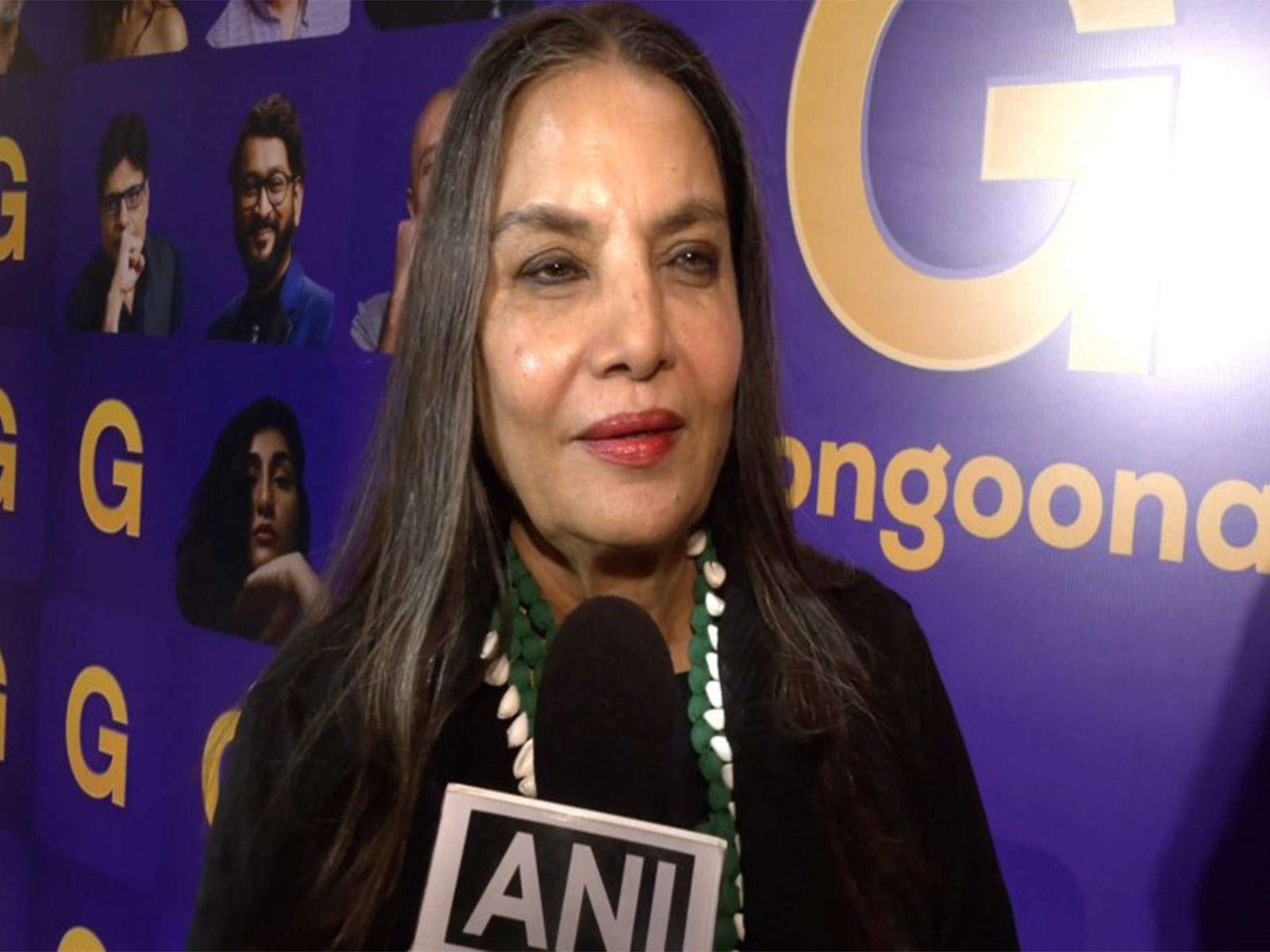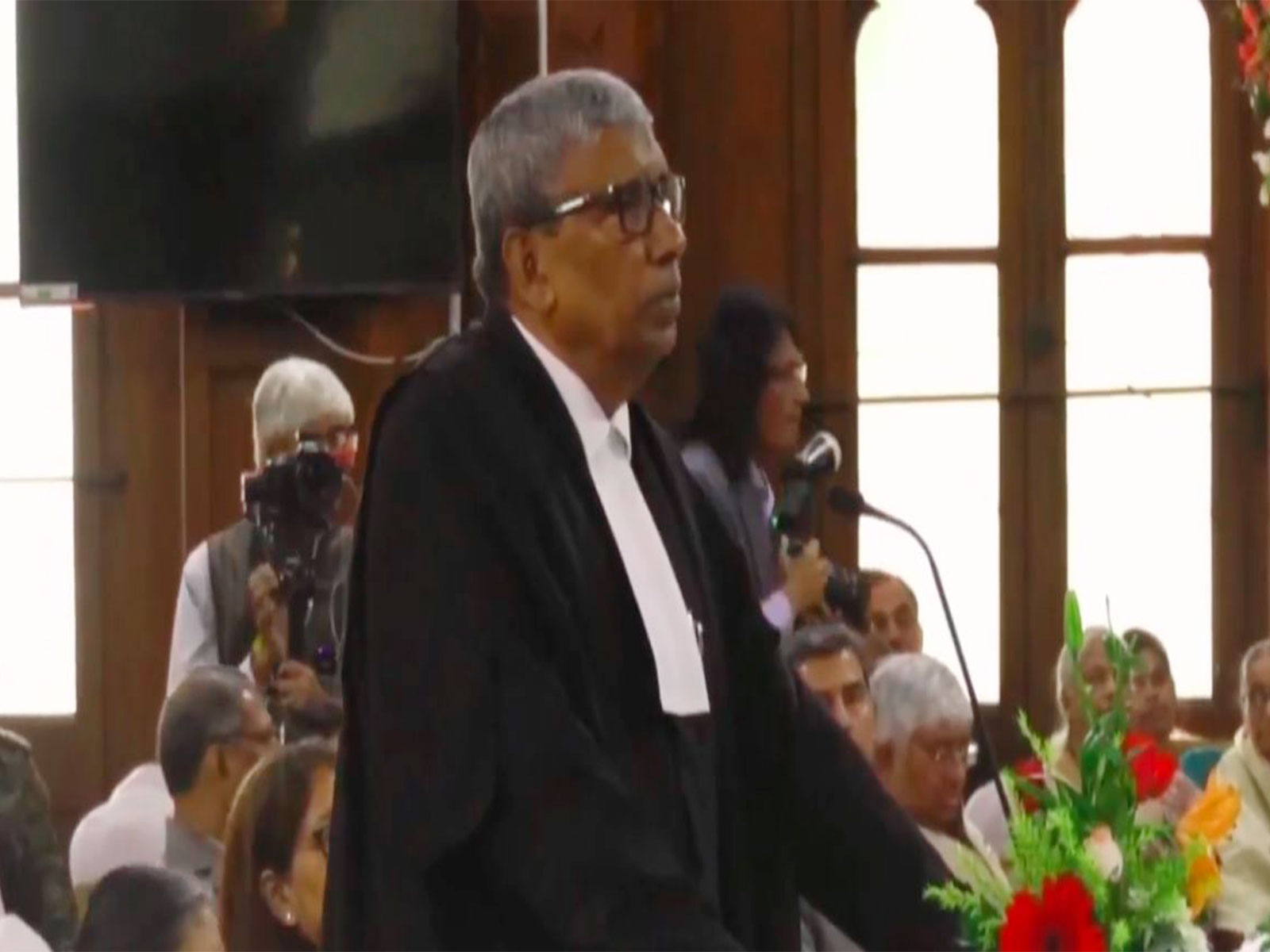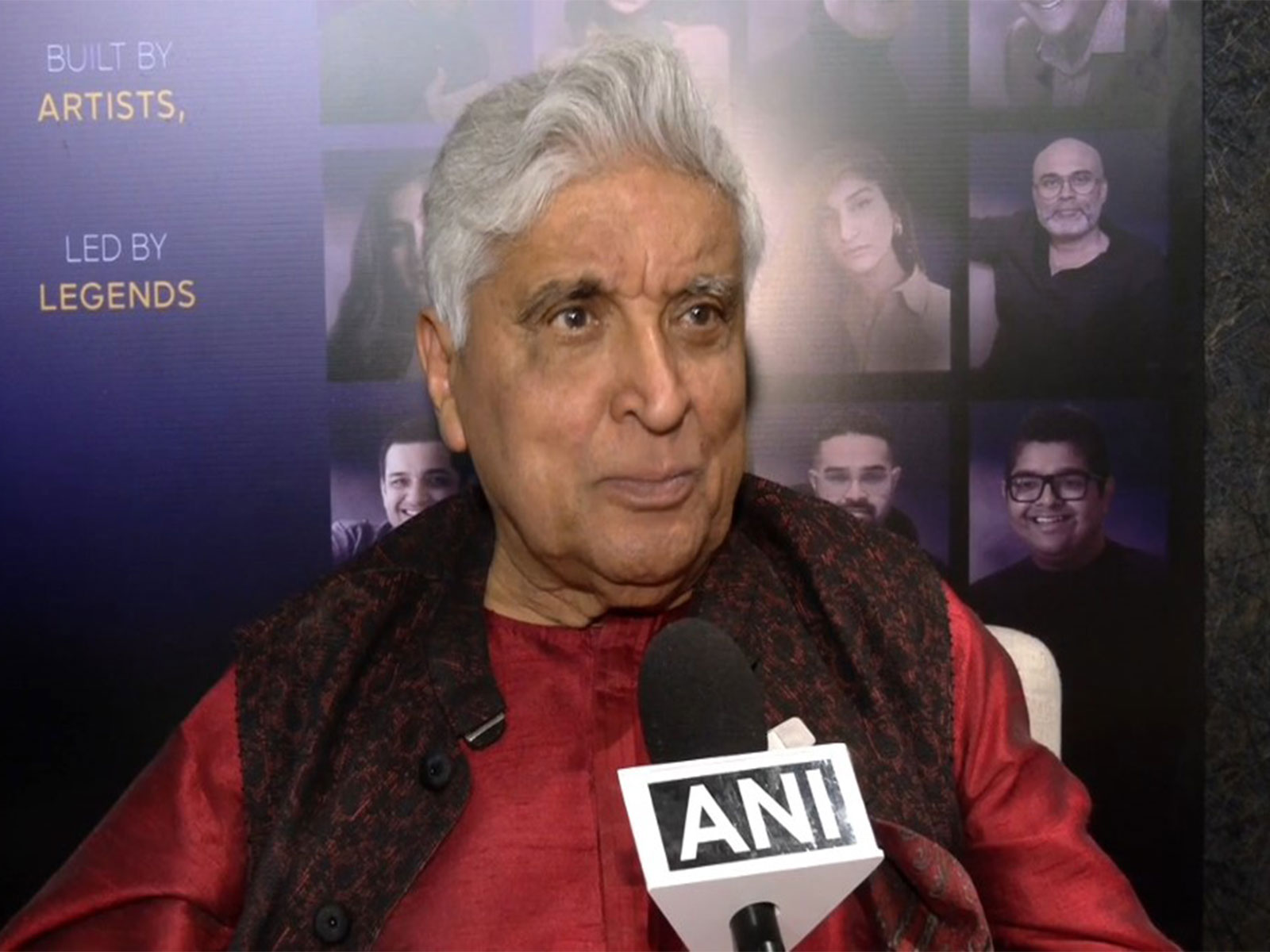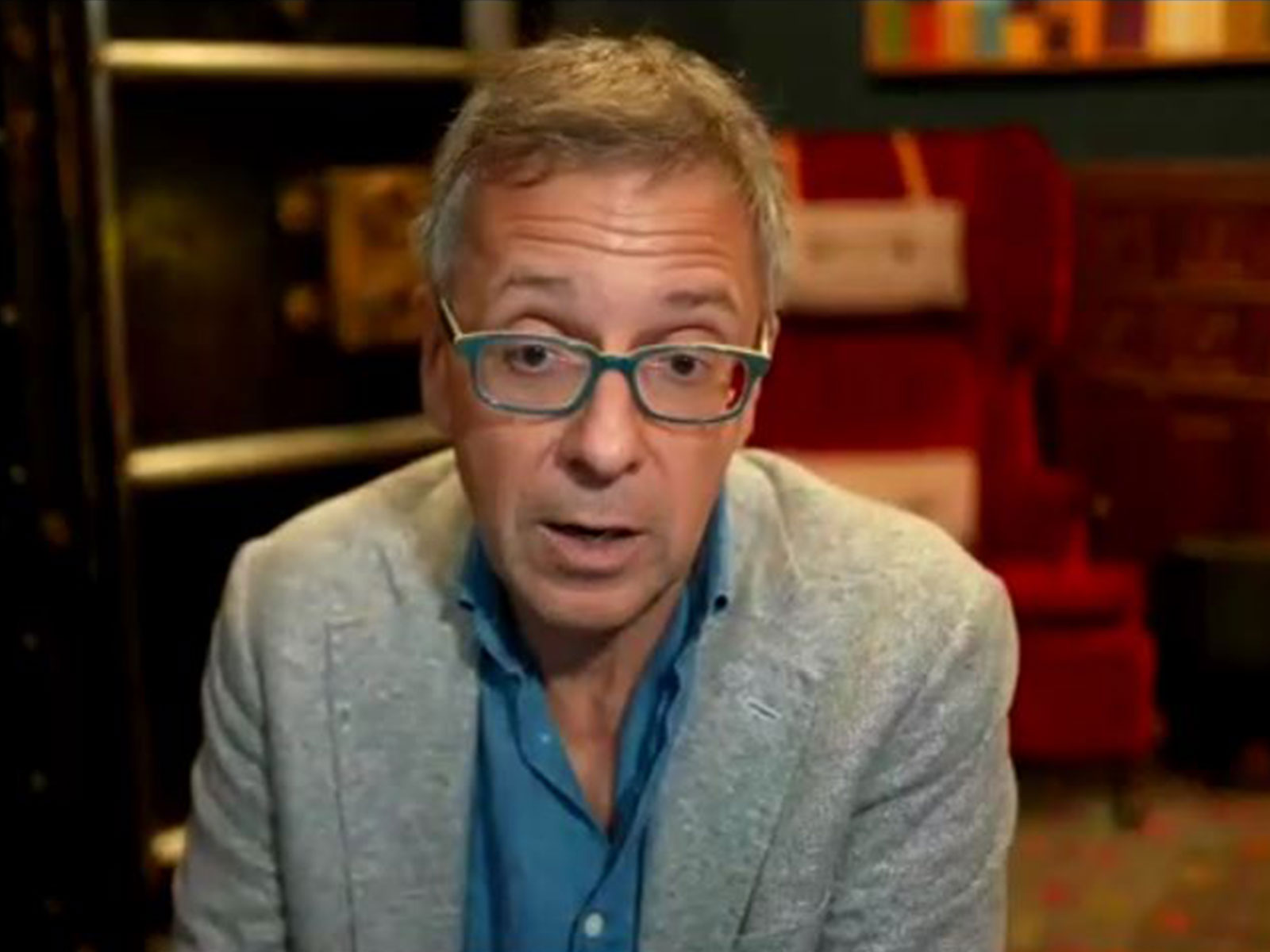
"The Trump family and its circle show kleptocratic, oligarchic impulse, doing business with Pakistan": says Political scientist Ian Bremmer
Sep 19, 2025
New Delhi [India], September 19 : Eurasia Group President and political scientist Ian Bremmer said that the involvement of the Trump family and its circle with Pakistan is less about strategy and "mostly about business," pointing to "a lack of ethics, a kleptocratic and oligarchic impulse."
In an interview with ANI, Bremmer said, "I wish that weren't true, but there is a kind of a lack of ethics, a kleptocratic and oligarchic impulse with the family. And a constellation of people that are around the administration, who are conducting a lot of business with Pakistan. And that has brought them in. I don't think it's a particular strategic shift. I think it's opportunistic and it's about some money. I wish that weren't the case. That's not the way the US is supposed to run. But, I mean, you know, anyone that's been watching the reporting around this can't ignore that reality."
Bremmer also weighed in on the Saudi-Pakistan mutual defence pact, saying that it was not being kept a secret and that the US administration does not seem to have a problem with it.
"They certainly knew about it. They certainly knew about it. I mean, we knew about it before it was announced. So, I mean, the Saudis were not... I mean, it wasn't in the media, but they weren't keeping it completely hush-hush. We knew as in... Sorry. What? I knew about it. I knew about it before. I knew about it, like, the day before it was announced. So, yes, I'm not... I don't think they were trying to be particularly secret about it, " he said.
Bremmer underlined that the agreement is tied to Saudi Arabia's long-standing nuclear hedge with Pakistan. "I don't think the US would have suggested it. I mean, it's clearly meant as a hedge to diversify Saudi Arabia's security commitments and support, including on the nuclear side, right? I mean, because they've long funded a Pakistani plutonium program that everyone hush-hush said if the Saudis needed it, that's their emergency nuclear program, right? This is becoming a, a more publicly and more real thing. But it's pretty clear to me that the Trump administration does not have a principal problem with this announcement."
Bremmer feels that the Saudi's went ahead with the agreement after Israel's strikes on Iran and increased regional tensions.
"That's a part of it. Because, I mean, the Qataris were hosting Hamas with the full blessing of the United States to try to help get to a ceasefire. And Qatar hosts the largest US base on their territory, military base in the region. And the Qataris only found out from the United States about these bombs as the missiles were striking. I mean, this completely unacceptable behaviour on the part of an US ally. The United States did nothing to stop Israel from making those strikes, and nor did they do anything to punish the Israelis on the back of those strikes. And the Qataris, I mean, they lost a citizen that was killed in those strikes. So, I mean, the Saudis are very angry about this. And I think that the Pakistan agreement is a consequence of that," he said.
Bremmer said the Saudi-Pakistan pact complicates India's security environment, "Now, if you're India- Next time you get into a fight with Pakistan, before you engage in drone strikes or bombing, you gotta think about, oh, is Saudi Arabia gonna defend them? And what does that mean for us, right? So, I mean, your life is getting more complicated because of all of these moving parts, which are being driven by the political revolution of Donald Trump."
Bremmer also spoke critically of US President Trump's approach to global politics, saying that he is unwilling to exist by existing rules.
"The fact his personality, his unwillingness to exist by the rules that other people have set. His own predecessors, American presidents, his own Supreme Court, his legislature, but also other countries around the world, he is singularly unwilling to live by those precedents. Doesn't care. His view is, I'm powerful, I'm the president, you gotta listen to me. And if you don't, you're gonna lose your job, you're gonna lose your agreement, you're gonna lose your security, all of those things. There will be consequences."
Bremmer however, praised India and PM Narendra Modi for not giving in to pressure from Trump.
"But we've also seen that there are countries that can stand up to Trump and say, no, the Chinese have stood up to Trump. And effectively, in my view, the Russians have stood up to Trump. I'm not sure it was a good idea for them to stand up to Trump because I don't think the Russians are gaining much, but they have stood up effectively. There have been no consequences to the Russians for telling Trump no. And I think Modi is in that space, right? Because Modi could have easily not embarrassed Trump about the India-Pakistan issue. And instead, Modi decided to publicly say, no, you had nothing to do with this. and really did embarrass Trump on the global stage. And most other leaders in the world would have sucked it up and not said anything, right?," he said.

